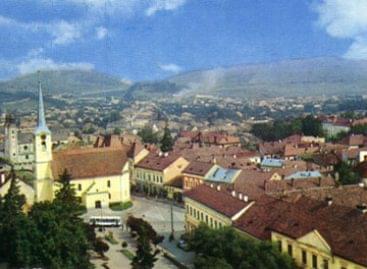Balaton settlements and the wine regions of the North Central Mountains dominate tourism tax revenues
The Balaton settlements and the wine regions of the Northern Central Mountains lead the list of tourist tax (ifa) revenues in Hungary, according to the Pénzcentrum’s analysis based on 2022 data. Ifa is a local tax that is paid by guests staying in accommodation. Although it is levied and accounted for by local governments, the revenues ultimately go to the state coffers.

Ifa was introduced in 2003, and since then its amount has been steadily increasing. By 2024, HUF 680 must be paid per night, while initially this amount was HUF 300, or 4 percent of the amount to be paid. During the pandemic, the government temporarily stopped the increase in the tax, but it rose again in 2023, from HUF 580 to HUF 680.
On the website of the Hungarian Treasury, you can see in detail how much the tourist tax is for each settlement. The Pénzcentrum’s analysis does not include data from Budapest and Pest counties, as the per capita wood revenue in the capital would have a distorting effect due to the high number of guests. In 2022, Budapest achieved an income of HUF 7.5 billion, which was equivalent to HUF 4,500 per person.
The region of Transdanubia clearly dominates in terms of timber revenues, which is primarily explained by the tourist attraction of Lake Balaton. The second prominent region is the North Central Mountains, which is popular among tourists primarily because of its wine regions.
At the level of counties, Veszprém County is in the lead, where the per capita timber income increased significantly compared to 2021, from HUF 360,000 to HUF 519,000 in 2022. The counties of Zala and Somogy are in second and third place, while the county of Heves is the most significant in the Northern Hungarian region.
Related news
The Balaton House of the Year awards were presented
🎧 Hallgasd a cikket: Lejátszás Szünet Folytatás Leállítás Nyelv: Auto…
Read more >The Székely counties will present themselves with a joint stand at the 48th Travel Exhibition
🎧 Hallgasd a cikket: Lejátszás Szünet Folytatás Leállítás Nyelv: Auto…
Read more >Related news
Lidl guarantees fairer prices for cocoa farmers
🎧 Hallgasd a cikket: Lejátszás Szünet Folytatás Leállítás Nyelv: Auto…
Read more >








